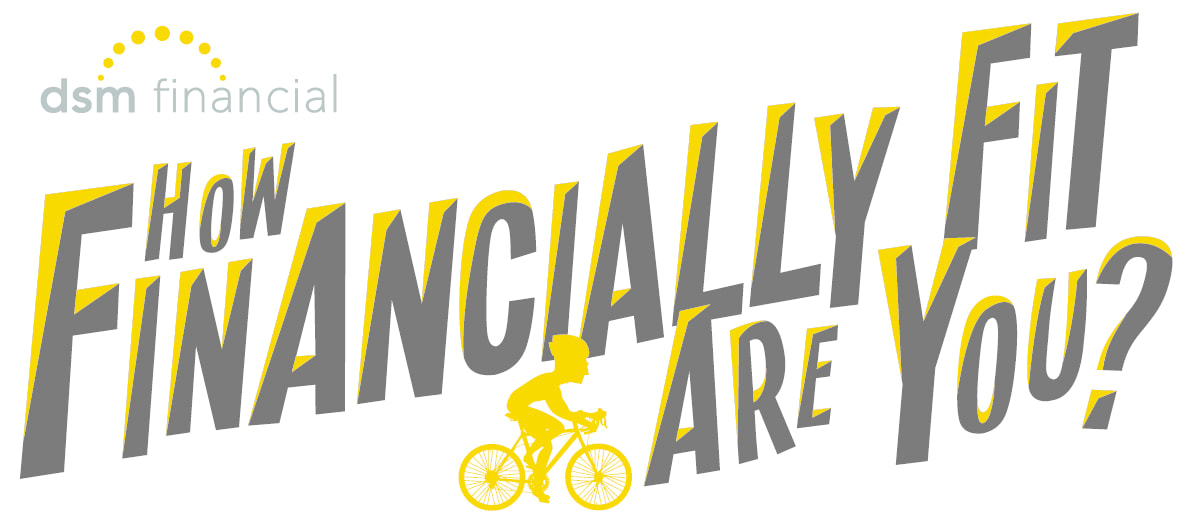|
Are you considering making a sizable financial gift to a friend or family member? A financial gift can be a great way to make a difference in a loved one’s life. It can also be an effective estate-planning strategy, as gifting may potentially remove assets from your estate. That could reduce the amount of assets that face probate and the estate tax. Gifting could trigger its own set of taxes, though. You may not know gift tax exists or how it works. Depending on the size of your gift, you could face up to a 40 percent gift tax.1 If you fail to pay the tax, the recipient may face additional tax obligations. How can you make your gift without creating additional tax liability? And how do you know if you should worry about the gift tax? Below are a few important facts to keep in mind as you develop your gifting strategy. Some gifts are excluded from taxation. For 2018, each individual has a gift tax exclusion of $15,000. That means you can gift as much as $15,000 per year per recipient without facing gift taxes. For example, if you have three kids, you can give each child $15,000 in 2018, for a total of $45,000 in gifts. However, if you gave an individual more than $15,000, you would face gift taxes on the excess amount.1 Married couples benefit from an increased exclusion. Remember, the exclusion is $15,000 per individual. That means each spouse can gift up to $15,000, even if the funds are going to the same recipient. So a married couple could give as much as $30,000 to each individual without facing gift taxes.1 Educational and medical gifts are usually exempt from taxes. Would you like to help a grandchild pay for college? Or perhaps help a child pay medical bills? It’s possible the costs could well exceed the $15,000 exclusion amount. Fortunately, the IRS allows tax-free gifts for educational and medical purposes. Generally, gifts of any size are excluded from the gift tax if they are intended for education or medical expenses. The catch is that the gift must be made directly to the educational or medical institution. In other words, if you want to help with a grandchild’s tuition, you should pay the school directly rather than give the money to the child’s parents. You have a lifetime exclusion amount. Even if your gift exceeds $15,000 and isn’t for education or health care, it’s still possible to avoid the gift tax. You can simply apply the excess to your unified lifetime exclusion amount. The lifetime exclusion is the total amount of assets one person can transfer to others without facing gift or estate taxes. The exclusion is currently set at $5.6 million.1 Keep in mind the exclusion counts toward both gift taxes and estate taxes. That means if you use some of the exclusion for gifts during your lifetime, the exclusion amount for your estate would be reduced. As 2018 comes to a close, are you as financially fit as you thought? Give us a call at DSM Financial to discuss your options and create a strategy that works for you. 1https://www.ssacpa.com/irs-increases-annual-gift-tax-exclusion-2018/
Licensed Insurance Professional. Advisory Services offered through Change Path LLC an Investment Advisor. DSM Financial and Change Path LLC are not affiliated. This information is designed to provide a general overview with regard to the subject matter covered and is not state specific. The authors, publisher and host are not providing legal, accounting or specific advice for your situation. By providing your information, you give consent to be contacted about the possible sale of an insurance or annuity product. This information has been provided by a Licensed Insurance Professional and does not necessarily represent the views of the presenting insurance professional. The statements and opinions expressed are those of the author and are subject to change at any time. All information is believed to be from reliable sources; however, presenting insurance professional makes no representation as to its completeness or accuracy. This material has been prepared for informational and educational purposes only. It is not intended to provide, and should not be relied upon for, accounting, legal, tax or investment advice. 17574 - 2018/4/9
0 Comments
Leave a Reply. |
Archives
July 2020
Categories
All
|
Mike Moller
DSM Financial
DSM Financial
3309 109th Street
Urbandale, IA 50322
Urbandale, IA 50322
515.331.1717
[email protected]
[email protected]
Advisory Services offered through Change Path LLC an Investment Advisor. DSM Financial and Change Path LLC are not affiliated. 17283 - 2018/1/17
Licensed Insurance Professional. Respond and learn how insurance and annuities can positively impact your retirement. This material has been provided by a licensed insurance professional for informational and educational purposes only and is not endorsed or affiliated with the Social Security Administration or any government agency.
Licensed Insurance Professional. Respond and learn how insurance and annuities can positively impact your retirement. This material has been provided by a licensed insurance professional for informational and educational purposes only and is not endorsed or affiliated with the Social Security Administration or any government agency.


 RSS Feed
RSS Feed